Search Results
Showing results 1 to 20 of 35

Make a Sun Clock: Tell Time with the Sun
Source Institutions
Before there were clocks, people used shadows to tell time. In this outdoor activity, learners will discover how to tell time using only a compass, a pencil, a handy printout, and a sunny day.
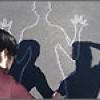
Changing Shadows
Source Institutions
In this sunny day, outdoor activity, learners observe changes in shadows over time. The activity also helps to develop a sense of the Earth's motion.

The Thousand-Yard Model
Source Institutions
This is a classic exercise for visualizing the scale of the Solar System.
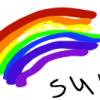
Light is Made of Colors
Source Institutions
Learners observe different light sources, outdoors and indoors, using prism glasses (diffraction glasses) and color filters.
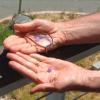
Exploring Ultraviolet (UV) light from the Sun
Source Institutions
In this outdoor activity, learners explore UV rays from the Sun and ways to protect against these potentially harmful rays.
Making An Impact!
Source Institutions
In this activity (on page 14 of PDF), learners use a pan full of flour and some rocks to create a moonscape.
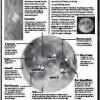
Observing the Moon
Source Institutions
Use this Moon Map Guide to help learners identify features on the Moon, while looking through a telescope.
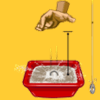
Comet Cratering
Source Institutions
Make impact craters with marbles (or rocks or washers) in a container of flour. Find out what you can learn about your "comets" by the craters they make.

Solar Water Heater
Learners work in teams to design and build solar water heating devices that mimic those used in residences to capture energy in the form of solar radiation and convert it to thermal energy.
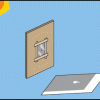
Finding the Size of the Sun and Moon
Source Institutions
In this activity, learners build a simple pinhole viewer. They use this apparatus to project images from a variety of light sources, including a candle, the Sun, and the Moon.
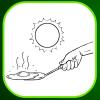
Solar Cooker
Source Institutions
Learners build a simple solar oven from a shoebox, black construction paper, and aluminum foil. Over the course of a few hours, the oven heats up water enough to brew tea.
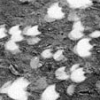
How to View a Solar Eclipse
Source Institutions
This is an activity to do when there is a solar eclipse!
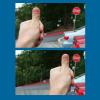
Experiencing Parallax With Your Thumb
Source Institutions
In this activity, learners investigate parallax, a method used to measure distances to stars and planets in the solar system.
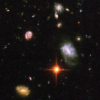
Telescopes as Time Machines
Source Institutions
This fun, nighttime hands-on astronomy activity lets learners explore how long it takes for light from different objects in the universe to reach Earth.
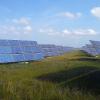
Solar Cell Simulation
Source Institutions
In this activity, learners model the flow of energy from the sun as it enters a photovoltaic cell, moves along a wire and powers a load.
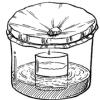
Rain Machine (Solar Still)
Source Institutions
In this activity, learners work in groups to build simple solar stills filled with salt water. After the stills are complete, learners observe what happens when they place the stills in the sun.

Reflective Solar Cooker
Source Institutions
In this activity, learners use the Sun's energy to cook marshmallows. Learners construct the solar oven out of simple everyday materials.
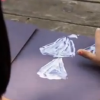
Sunblock Investigation
Source Institutions
In this "Sid the Science Kid" activity, learners set up a simple experiment to find out how sunscreen counteracts the effects of the sun.
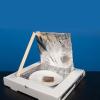
Cook Food Using the Sun
Source Institutions
Learners build a solar oven from a cardboard pizza box, aluminum foil and plastic. Learners can use their oven to cook S'mores or other food in the sun.

The Shadow Knows I
Source Institutions
In this activity, learners will measure the length of their shadow from the Sun and compare it three to four months later.
